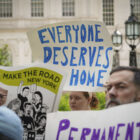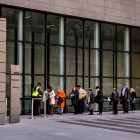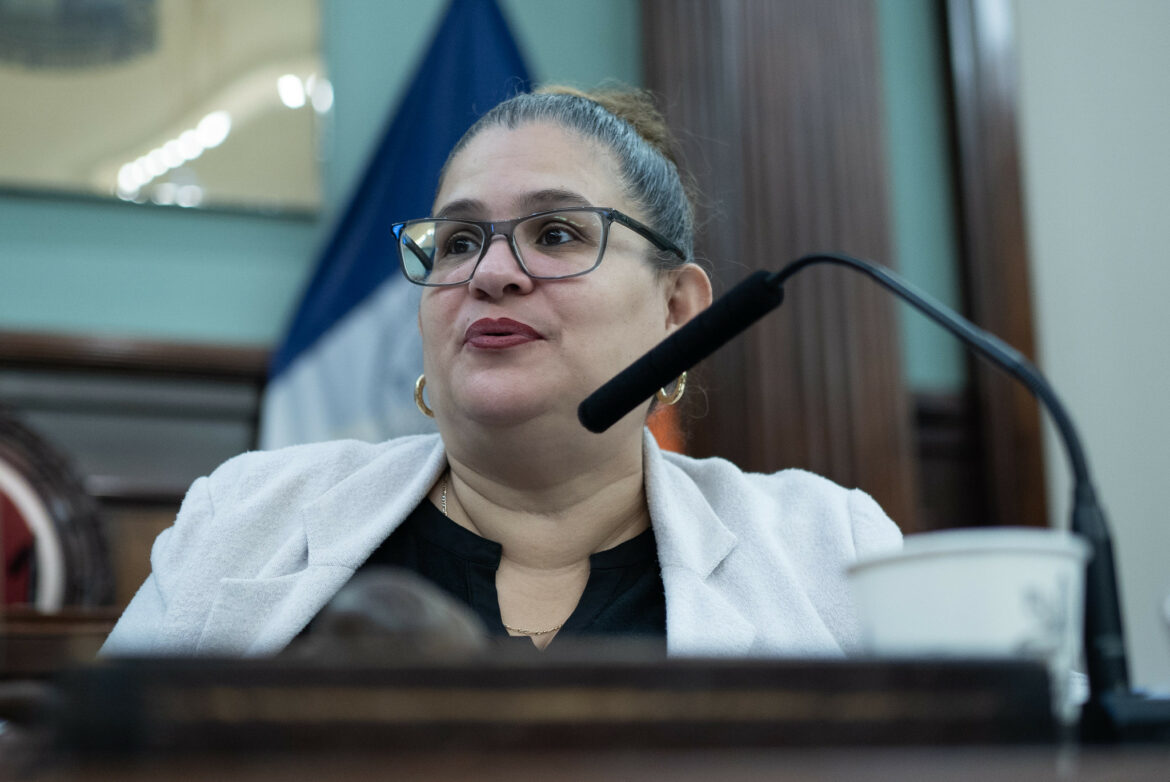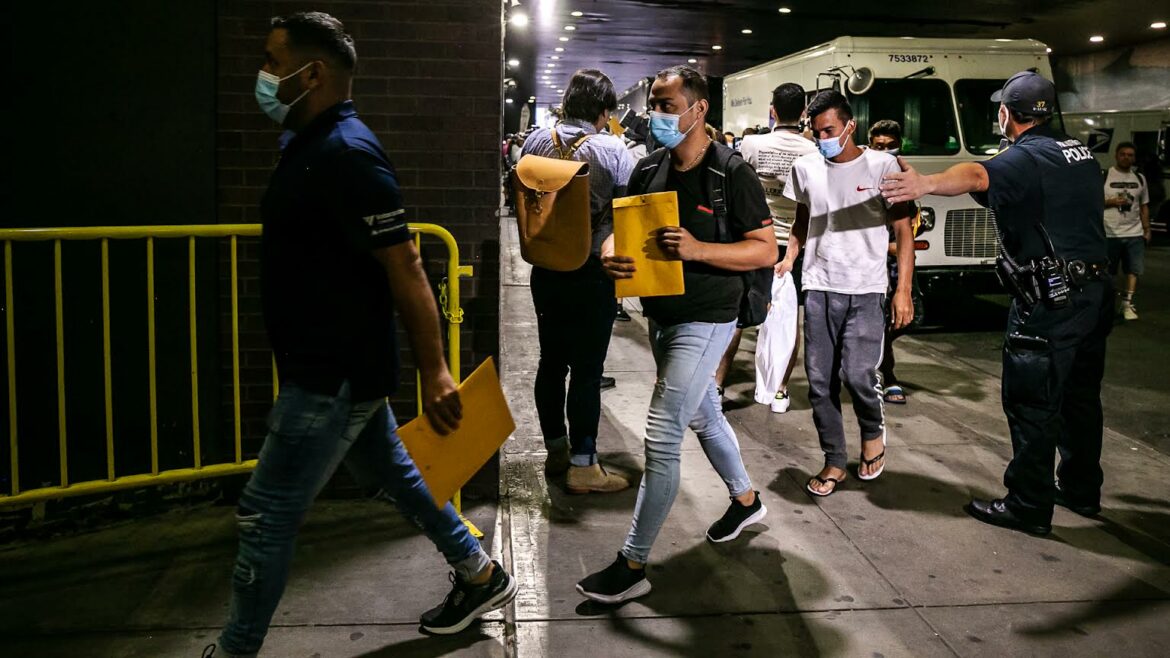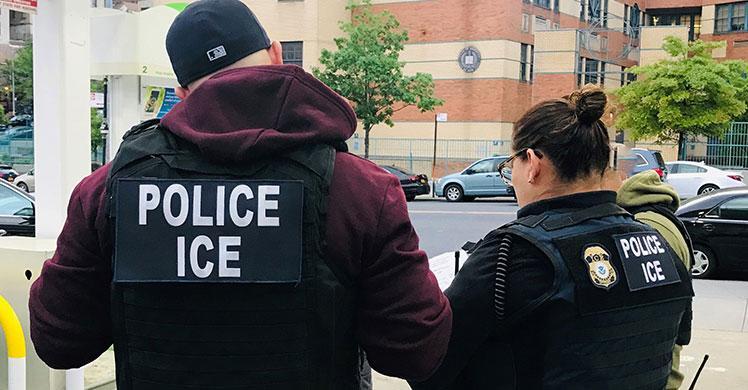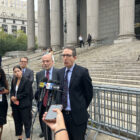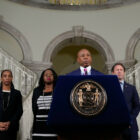Albany
Opinion: New York Must Do More to House Immigrant Survivors of Domestic Violence
Gabriela Sandoval Requena |
“For mixed-status households, where at least one member of the family is not a U.S. citizen or eligible immigrant, it can be difficult—if not impossible—to access sufficient housing support.”


